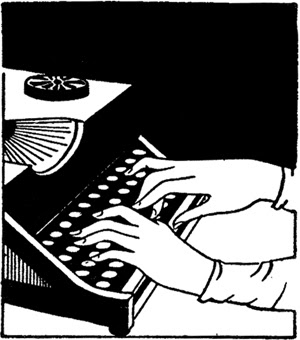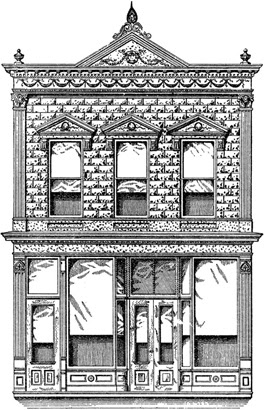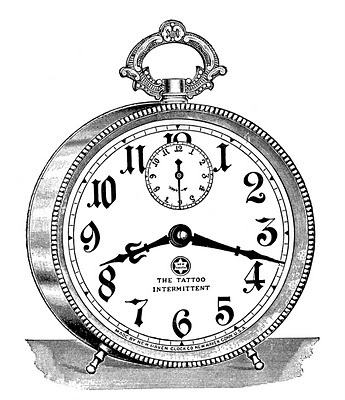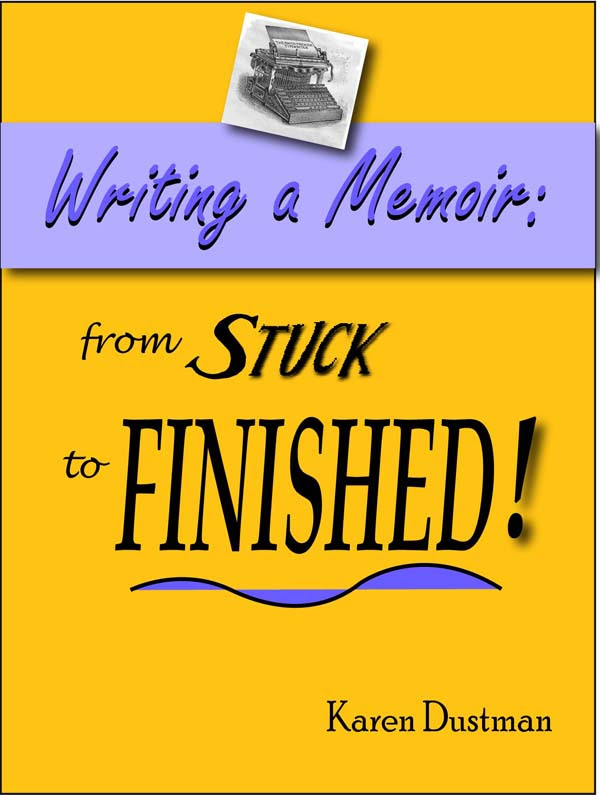Oral history is a rich source of family and local information. But it’s an incredibly fragile source. Memories fade. Old-timers move on to whatever the next life brings.
Does your local museum or historical society already have an oral history program capturing those elusive memories? If not, consider launching one!

In just the last few years, my own community has lost more than a dozen local elders. And with each death, an encyclopedia’s-worth of memories and how-to knowledge has vanished.
We’ve actually been lucky – the memories of at least a few of those elders were written down before they departed. But not every community has a formal or informal oral history program in place.
Like to start an oral history program in your community? Here are a few tips and suggestions to help you get started!

How To Start Your Own Oral History Program:
(1) Decide just how wide you’re willing to cast your net. Are you only interested in preserving memories about your area? Or are you willing to capture the stories of folks with a fascinating past, even if they’re describing another town or country?
(2) Invite a group of potential volunteers to kick around the mechanics. Do you plan to just digitally record a series of interviews? Is someone a great videographer? Are there transcription services you can utilize to create a searchable print version?

(3) Identify a small handful of local elders (say 4 or 5) whose oral histories you’d most like to preserve. Then appoint an outreach person to contact each elder to see if they might be willing to share their recollections for your project.
(4) Brainstorm a list of questions ahead of time, so you won’t forget to ask anything that’s really important. But don’t let a fixed written list dominate your interview. Conversations naturally tend to ramble – be willing to let that happen. Some of the most fascinating tidbits of information can pop up when you just let the conversation flow.

Most of all, don’t wait! Reach out now, while you can. You’ll be so glad you preserved the precious memories that you did.
Like more tips for collecting oral history? Check out our book for more helpful ideas and suggestions!

